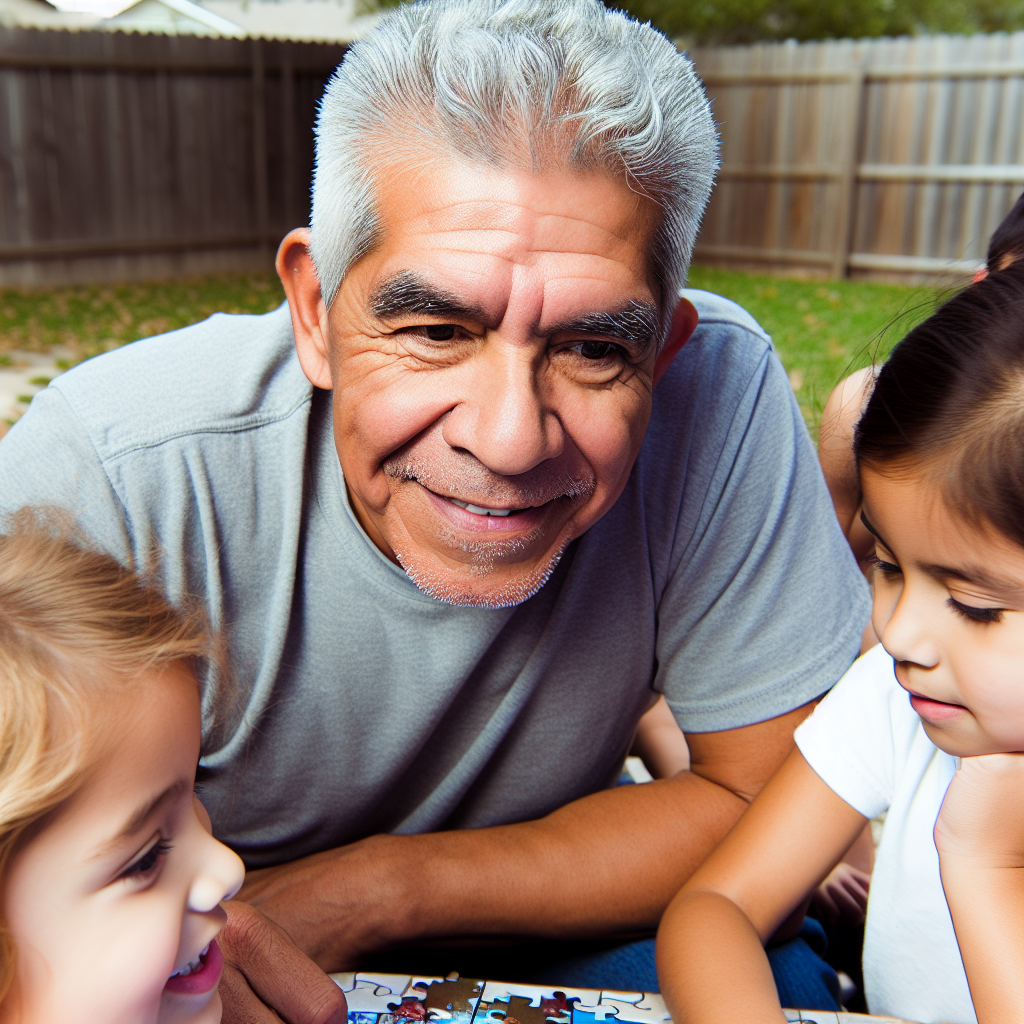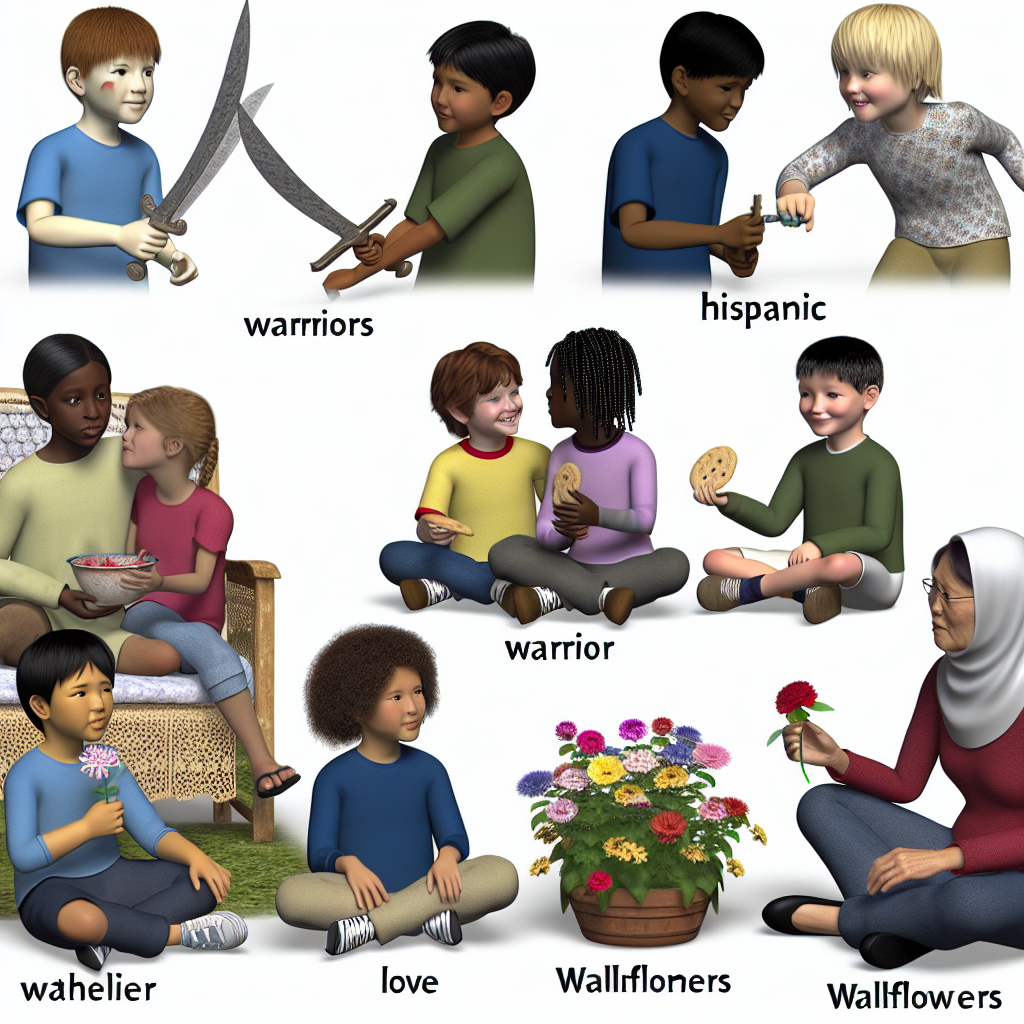Embracing Fatherhood After 50: A New Chapter Begins
Fatherhood after 50 is a unique and enriching journey that blends the wisdom of life experience with the fresh energy of parenting young children. As your kids grow older and become more independent, you might find yourself redefining your role in their lives while navigating the challenges and rewards of being an older dad. This phase invites reflection, adaptability, and a renewed commitment to building strong, meaningful connections with your children.
Aging parenthood often carries misconceptions, but with purposeful strategies, fathers over 50 can thrive and provide an exceptional foundation for their kids’ future. Here, we’ll explore practical approaches to making the most of fatherhood after 50, addressing health, emotional intelligence, communication, and lifestyle adjustments.
Understanding the Landscape of Fatherhood After 50
The Reality of Parenting at an Older Age
Parenthood beyond the age of 50 presents a different dynamic than younger dadhood. Statistically, fathers over 50 are more likely to be involved in nurturing and emotional support roles compared to previous generations, which is a positive shift. However, there are specific considerations:
– Increased energy demands of raising children
– Managing health risks linked with aging
– Balancing career responsibilities with family time
– Social perception and generational gaps
Research suggests that older fathers often have greater financial stability and emotional maturity, which can improve parenting quality and family life. The challenge lies in adapting health and lifestyle habits to sustain these advantages.
Why Fatherhood After 50 Matters More Than Ever
Father involvement is crucial for a child’s development regardless of the father’s age, but it takes on extra significance in later life. Older dads tend to be more intentional, providing stability, wisdom, and patience. Engaging actively in your children’s lives helps bridge age-related divides and fosters mutual respect.
Moreover, becoming a father later in life often means juggling care for aging parents alongside young kids, which demands strong time management and emotional resilience.
Health and Wellness Strategies for Older Fathers
Maintaining Physical Health to Keep Up with Kids
Staying physically fit is vital in fatherhood after 50, especially as children are often energetic and active. Here are essential health tips to maximize stamina and overall wellness:
– Prioritize cardiovascular exercise (e.g., walking, swimming, cycling) at least 3–4 times a week.
– Incorporate strength training to preserve muscle mass and bone density.
– Focus on a balanced diet rich in vegetables, lean proteins, and healthy fats.
– Get regular health screenings, such as cholesterol, blood pressure, and diabetes checks.
– Avoid smoking, limit alcohol, and prioritize quality sleep.
By enhancing physical health, older fathers can engage more fully in playtime, sports, and outdoor activities with their kids.
Cognitive Health and Emotional Wellbeing
Mental sharpness and emotional balance are equally important. Consider these strategies:
– Practice mindfulness, meditation, or yoga to reduce stress.
– Stay socially active to stimulate cognitive function.
– Seek support when facing emotional challenges, whether through therapy or peer groups.
– Foster positive self-talk and patience to navigate the stressors of parenting without frustration.
Healthy minds make for more attentive, present fathers.
Effective Communication Across Generations
Building Bridges Between You and Your Kids
Fatherhood after 50 provides a unique opportunity to model respectful and open communication. Kids today grow up in rapidly changing cultural and technological landscapes, which might feel unfamiliar to older parents. To overcome this gap:
– Stay curious about your children’s interests and hobbies, even if they differ from yours.
– Use active listening techniques—repeat back what you hear and ask open-ended questions.
– Incorporate technology positively by engaging in digital activities they enjoy, such as gaming or social media.
– Avoid generational stereotypes and assumptions; instead, focus on shared values and experiences.
This approach nurtures trust and connection.
Setting Boundaries with Empathy
Older fathers often bring a balance of discipline and understanding. When enforcing rules:
– Explain the reasons behind boundaries respectfully.
– Collaborate on setting guidelines rather than imposing them unilaterally.
– Recognize your children’s growing autonomy while maintaining consistent expectations.
– Show empathy by acknowledging their feelings before discussing limits.
Empathetic discipline fosters cooperation and strengthens the father-child relationship.
The Role of Emotional Intelligence in Fatherhood After 50
Modeling Emotional Awareness
Emotional intelligence is a powerful tool for fathers, especially those parenting later in life. Showing vulnerability and managing emotions constructively encourages kids to develop emotional health themselves. Key practices include:
– Naming your own emotions to normalize emotional expression.
– Demonstrating conflict resolution skills calmly and respectfully.
– Teaching empathy by discussing others’ perspectives openly.
– Celebrating emotional growth milestones at home.
These actions foster secure attachments and resilience in children.
Balancing Wisdom with Flexibility
Having lived more years means carrying valuable lessons, but rigidity can create gaps between you and your children. To stay relevant and approachable:
– Remain open to new parenting techniques and perspectives.
– Be willing to admit when you don’t know something or when you’re wrong.
– Incorporate your life’s lessons as stories rather than lectures.
– Encourage dialogue about feelings, challenges, and achievements regularly.
Flexibility combined with wisdom cements your role as a respected and loving father.
Engaging Meaningfully as Children Grow Older
Supporting Teens and Young Adults
As children enter adolescence and young adulthood, fatherhood after 50 demands adaptation but also offers profound satisfaction. Effective strategies include:
– Encouraging independence by supporting their decisions while providing guidance.
– Sharing your experiences to help them navigate challenges without overshadowing their choices.
– Engaging in shared activities that promote bonding, such as travel, volunteering, or creative projects.
– Maintaining consistent presence, both physically and emotionally, even amid busy schedules.
Older fathers may also find themselves serving as mentors, showcasing the value of lifelong learning and adaptability.
Leaving a Legacy of Love and Wisdom
Your involvement today shapes not only your children’s lives but also future generations. Consider ways to document life stories, family values, and traditions to share with your kids. This could be through:
– Writing letters or memoirs.
– Creating video recordings or photo albums.
– Participating together in heritage projects or genealogy research.
– Establishing family rituals that celebrate your unique bond.
Leaving this legacy demonstrates the enduring impact of fatherhood after 50.
Balancing Work, Life, and Fatherhood After 50
Managing Career Demands
Many fathers over 50 face the challenge of balancing demanding careers with family life. To sustain this balance:
– Prioritize tasks and delegate when possible to free up family time.
– Set clear boundaries around work hours and family commitments.
– Utilize flexible working arrangements if available.
– Communicate openly with your employer and family about your needs.
This balance is essential for maintaining energy and emotional availability for your children.
Creating Quality Time
Since your children likely have more autonomy as they age, focus on quality rather than quantity of time. Ideas include:
– Establishing a regular “father-child day” for special outings or projects.
– Engaging in routine rituals like shared meals or bedtime conversations.
– Attending important milestones such as sports events, recitals, or graduations.
– Encouraging joint learning activities, such as cooking new recipes or exploring hobbies.
Intentional time together strengthens your relationship and builds lifelong memories.
Resources for Fathers Navigating Later Life Parenting
For personalized guidance on fatherhood after 50, consider exploring parenting workshops designed for older fathers or joining support groups that understand your unique challenges. Websites like the National Against Ageism (https://www.ageism.org) offer useful insights into aging and social roles.
Books such as “The New Father: A Dad’s Guide to the First Year” by Armin Brott provide practical advice, while podcasts focusing on modern fatherhood can inspire and inform.
Your Journey of Fatherhood After 50 Is Just Beginning
Navigating fatherhood after 50 is an opportunity to combine life experience with fresh enthusiasm, creating a rich and rewarding relationship with your children. By prioritizing health, fostering open communication, practicing emotional intelligence, and adapting to changing roles, you set a powerful example for your family.
Being an older father means embracing challenges with confidence and celebrating the unique joys of parenting later in life. This stage offers remarkable rewards—wisdom, patience, and gratitude you can pass on to your kids.
Take the next step in your fatherhood journey by reflecting on these strategies and committing to intentional, meaningful engagement today. For additional support tailored to fathers over 50, visit khmuhtadin.com and connect with a community that understands your experience. Your best years of fatherhood are still ahead.



